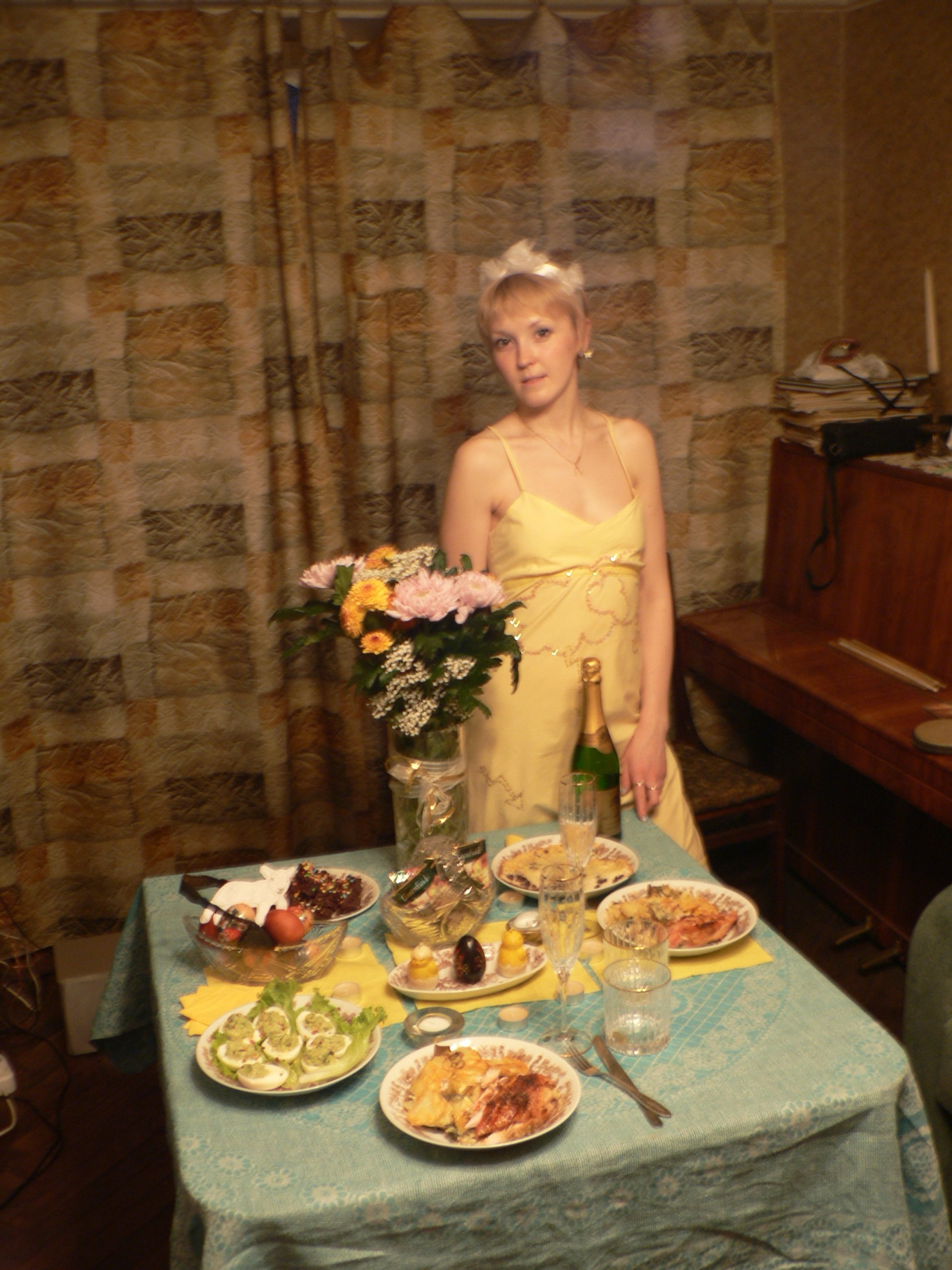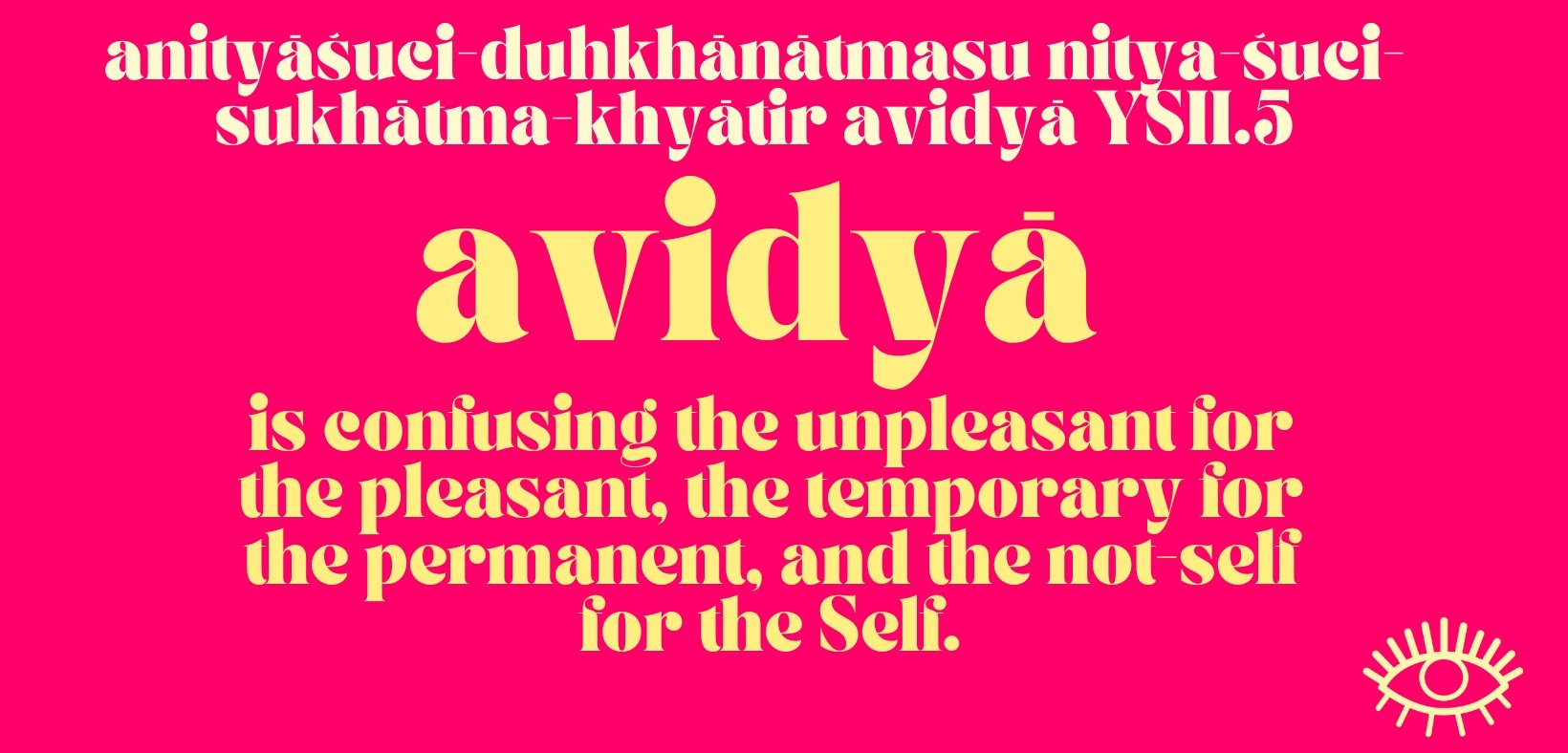on IWD, patriarchy, and Avidyā
“8th March is an international day of solidarity with women who are fighting for their rights.
It is NOT a day of “spring, love, flowers, and beauty” as the patriarchy tries to claim.”
I had several conversations with women over the past few days about International Women’s Day and how it has made us feel weird and uncomfortable and for some times we weren’t even sure why. Surely a day celebrating women should be good?
For me it started out as a small but spiky discomfort at being feminised and objectivised as a ‘lovely lady’ (I first encountered 8th March as a holiday when I was living in Russia and strangers would offer me flowers and free gifts and ‘sweet wishes’)
Over the years the quiet tension I felt grew and got louder, until I started to lean into the discomfort and feeling that I was being squished into a shape that didn’t feel appropriate for me.
It’s funny to look back at where I’ve been.
In the past I’ve taken some strange and conflicting positions - from considering feminism to be irrelevant to me, meanwhile also disdaining feminine qualities, seeing being female as overly emotional, weak, materialistic, gossipy, and all over the place.
At the same time I was working so hard at living up to external ideals of femininity - getting and staying THIN, being dutiful, charming, helpful, polite, and accommodating.
As you can probably imagine, it was exhausting.
Even more mind-boggling is how I was somehow rationalising these radically conflicting views.
The answer is a complete lack of self-awareness.
There are so many messages out there about how we are supposed to be - to be accepted, popular, likeable.
April 2010, being lovely.
They are so pervasive - but they are limiting precisely because they are prescriptive. When we play along and get good at following rules and conforming to social norms, we stop seeing ourselves.
We are more interested in making ourselves into the image of what is acceptable, we stop even looking at who and what we really are.
As for me, the harder I worked at all this, the more I felt inadequate. Never girly enough, and increasingly uncomfortable and worn out playing these roles. And of course, I never stopped to turn towards myself and ask why I was so uncomfortable.
Being with yourself is hard. We are in fact all so much broader and fuller than the roles we are supposed to play. So much easier to slip into an (albeit restrictive) set of gender and societal roles, than to confront the wide and rich complexity of your own uniqueness.
This is where avidyā comes in.
Avidyā is often translated as ‘ignorance’ but I find a better rendering is ‘a limited view of Reality.’ I believe avidyā is a survival mechanism. When we don’t have the tools or bandwith to see reality as it is we collapse the world down into easily digestible notions and structures. But these notions usually don’t represent us, and soon we can feel lost.
Why I know what I was experiencing was avidyā:
I didn’t know what I didn’t know. But for me, the not-self (these ideas of who I ought to be) was mySelf. I thought all the work I was doing (the unpleasant) was the right thing for me (the pleasant). I thought these idealised notions were real (and permanent) rather than social constructs (the temporary).
I myself didn’t realise that I was trying to live within these narrow rules for being. I couldn’t see myself so I didn’t know that I was vaster than them - even while I could feel the pinch and discomfort of how they restricted me.
What is Habitual becomes Invisible
There are a lot of things that we accept as normal - just the way it is. And it’s so widespread, that we almost stop seeing it.
For example:
Men are the desirer, women the desired
A woman's worth consists largely in her desirability to men.
Men must be strong, brave, hide emotion with bravado. Women should be overjoyed at motherhood and absolutely fulfilled.
Experiences of the female body - like menstruation and its side effects, are to be concealed, are shameful and ugly.
Women and those born into a female body exist in a constant state of vigilance, under threat of sexual abuse or violence. And if they should be victims of such, it's because they provoked it or "were asking for it".
Heteronormative relationships are normal and standard, and anything else is deviant and 'unnatural'.
These are just the manifestations of patriarchy that I personally have experienced - and accepted as normal for so long. But there’s a difference between common and normal. And it’s hugely dangerous when we stop questioning them.
Arbitrary structures have to break eventually
And especially when you’re well supported.
As I got more immersed in yoga philosophy over the years, I finally became able to see myself. To realise what feels like me and what doesn’t.
Yoga trains your presence, your ability to see broader - to be with the lively reality of being alive.
I am still grappling with questions of how I fit into the relationality of being human. Sometimes it feels like I’ve broken down so many structures about how I thought I should be and sometimes I feel like I’m floating. But mostly I’m excited about building a new way relating and being in the world, building up a new way of life based entirely on radical honesty with what is Real in the here and now. I dream of a world where we can throw out patterns of oppression, violence, colonisation and conquest, and be with each other in an attitude of respect, presence and compassion.
Of course I don’t know everything there is to know..
but now at least I know that I don’t know - I’m not abiding in a state of false certainty (avidyā) and self-denial.
The yogic teachings about avidyā, honesty and insight are a hugely rich ground for self-discovery for us individually and as a society.
If you’d like to learn more about how avidyā makes us miserable, why it arises, and how we can broaden our view and open our minds, join me at Merchant City Yoga on Sunday 17th March for Philosophy Club - a rich, modern, informal space to explore yoga philosophy in a way that is practical, heart driven and community led.












